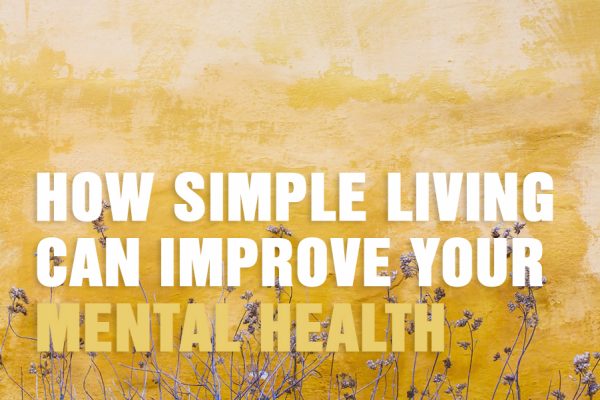The short answer is: yes. Therapy can help you to bring to light, recognise and work on the dysfunction and damage caused by early trauma or difficulty. The slightly longer answer is: it depends. The symptoms or affects we carry in to later life from early life are many, varied and often deeply hidden in the unconscious. This means that it can take some time to bring them to awareness. Also, because these defences and behaviours have been with you since childhood, they can take quite a long time to begin to change, lessen or undo.
So perhaps the most truthful answer to that question is: Yes, for many people, psychotherapy or counselling can help to dramatically improve the quality of their life. But there is no magic wand, you will need to work at it and it can take a while.
It will also depend of course on what happened to you and how you dealt with it. Many people, for example, use drink or drugs to help them to cope with the pain of their childhood, and this leaves them having to deal with addiction problems before they can get to dealing with the source of their addictive behaviour. And unless they do that they will keep going round the revolving door of recovery.
Here are five ways in which therapy can help you to begin to heal from a difficult early life
You can tell your story
Therapy is the opportunity to revisit the past and this can be a very powerful thing. Once you have started to outline a narrative version of your early life to an empathic therapist, you can begin to feel and understand what has happened to you and what behaviours you have carried with you from the past.
Another very powerful thing, which therapy can give you, is the feeling of being heard. Sometimes people grow up feeling sidelined, disregarded, unheard or that they have to be a certain way “a good child” or “a quiet child” in order to get attention and be heard. Therapy is a non-judgmental space in which you can think together about things.
You can feel your feelings
You might feel angry or puzzled at this idea, and think: ‘What else would you do with a feeling other than feel it? Doh!’
However, as simple as this sounds a child who is neglected or treated cruelly by their parents or caregivers can find it very difficult to process negative emotions at the time they arise so they get pushed down. They may have no outlet for their emotions because the people causing this anger or sadness are the very people who should be helping the child register, process and learn from them. Adults who have experienced this kind of trauma in their early life may, unconsciously, view all others as potentially harmful, neglecting or abandoning parent figures. This can make it hard for them to open up and process these feelings later.
Therapy is a safe space for you to start to raise, look at and, yes, actually feel those emotions. It is also an exploratory process, which gives you the opportunity to explore and broaden the range of emotion that you feel comfortable with.
You can spot the patterns
Everybody feels stressed, anxious, overwhelmed, sad, or depressed at some point in their life. These are common, human conditions and nobody has an immunity card. Sometimes, you will be able to work these issues out on your own by thinking about them, practising mindfulness, adopting a healthier life style, talking to friends or reading self help books. However, if they are the result of deep-seated issues emanating from early life, you might need therapy to help you identify these problematic patterns of behaviour. Therapists are experts in how humans process thoughts and emotions. A good one will be able to guide you to see the defences and patterns that have become so ingrained you cannot always recognise them in action.
You get a better understanding of your personal history
Our therapists tell us that they often say words to this effect to their clients: “We cannot rewrite history. We cannot give you a different childhood with kinder parents or a happier turn of events. But what we can do is to begin to understand what you still carry with you from that history. And start to work out how to modify, mitigate or change the affects of those things you do or the way you relate to others.”
You learn about you
Talking therapy helps us to learn about ourselves, and how our minds work, in a deep and broad way. We can then apply this new understanding of ourselves in a variety of situations. What’s more, therapy gives us the tools to learn how to continue to learn more about ourselves even when we have finished the sessions and are no longer seeing a therapist. Recent research (at the Colorado School of Medicine) showed that. “People who receive psychodynamic therapy continue to improve after therapy ends because the understanding they gain is global.” This means that it applies to their whole system, every part of their lives.
Obviously not all therapists are created equal. It is important, when looking for someone to help you with your problems, that you get recommendations from people you trust, or that you spend a little time exploring who might be the right therapist for you.
At The Awareness Centre, we have a team of experienced counsellors and psychotherapists at our centres in Clapham and Tooting. Just call 020 8673 4545 or email [email protected] if you would like a confidential appointment.







